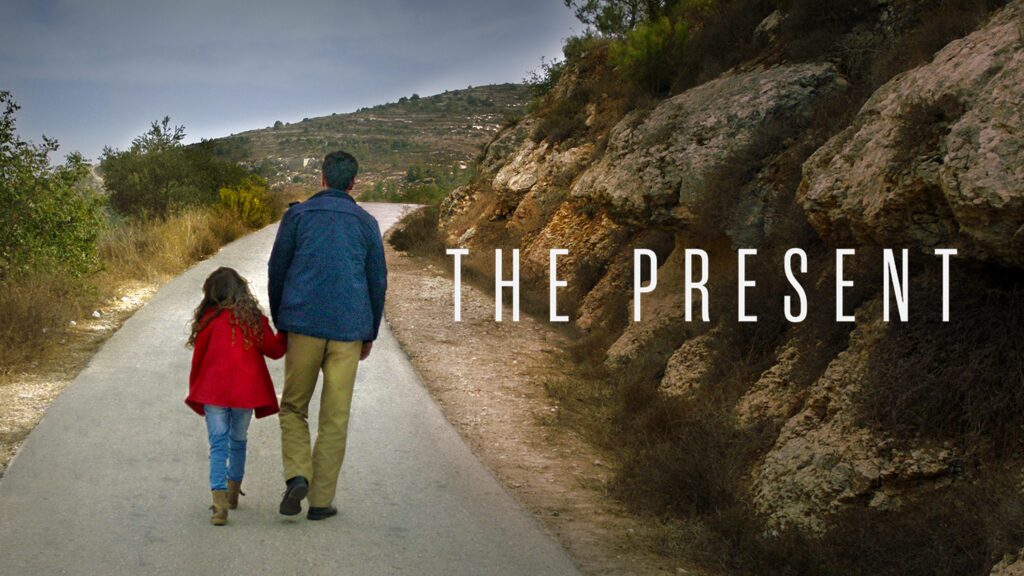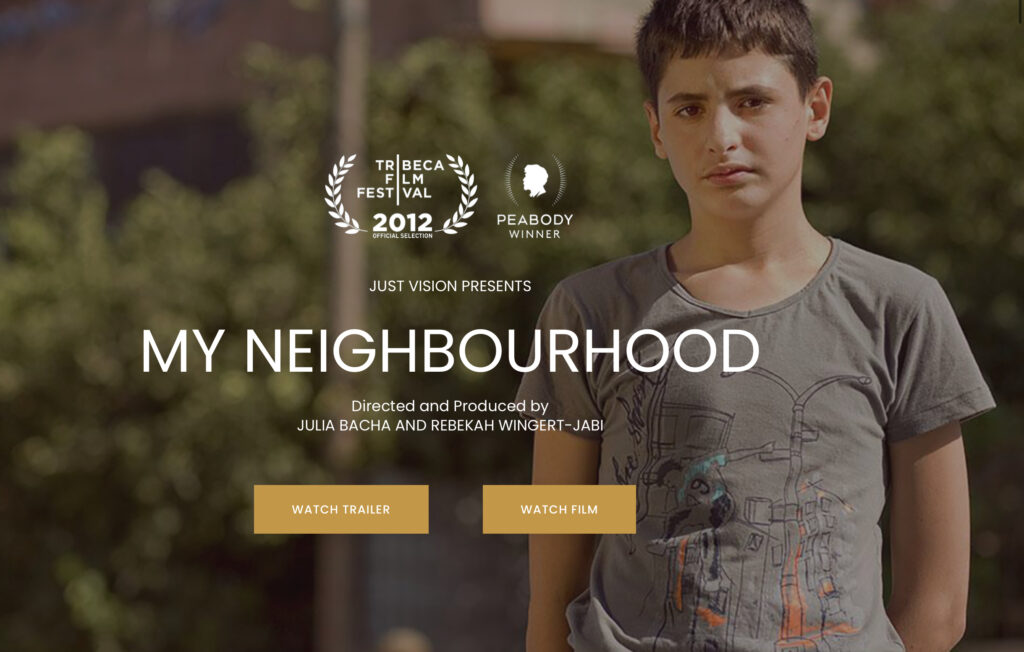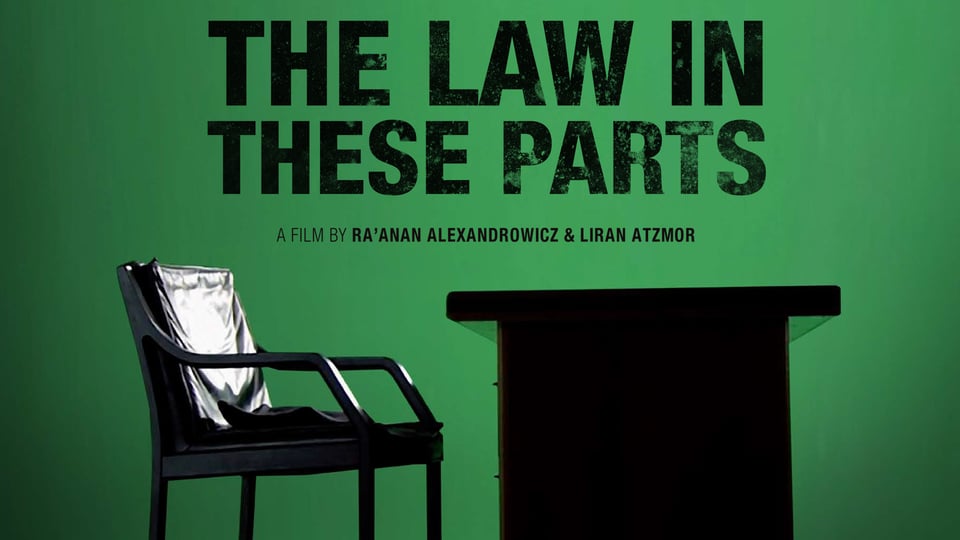The Naksa, 1967
The Naksa means the “setback.” The occupation of 1967 was not an isolated setback, however. It followed the Nakba, or ethnic cleansing of 78 percent of Palestine in 1948. With all of historic Palestine now under Israeli domination and control, a bifurcated legal system emerged. As indigenous people confined to ever shrinking plots of land, Palestinians were not only denied citizenship in the state that now controlled their lives, but were also placed under military rule and forbidden from any expression of Palestinian nationalism or calls for self-determination. Israeli Jews meanwhile began to construct Jewish-only settlements on confiscated Palestinian land in the West Bank, East Jerusalem, and Gaza where they live under Israeli civil law.
The occupation regime was not only a product of Israeli legal imposition, but also the manipulation of international law. UN Security Council Resolution 242 called for the end of occupation, but conditioned withdrawal on recognition of Israel and juridically erased Palestinians. Meanwhile Israel routinely obstructs the international treaty governing occupation, the Fourth Geneva Convention. The Convention places an affirmative requirement on the occupying power to provide for the needs of the people living under occupation. Yet Israel restricts food, medicine, trade, and movement in the Occupied Territories. The Convention prohibits the forcible transfer of people living under occupation out of the territory, as well as the transfer of the occupying power’s population into the territory. Yet Israel has systematically engaged in population transfer in the Occupied Territories since 1967. The Convention prohibits collective punishment. Yet collective punishment is precisely the punishment Israel metes out in the Occupied Territories. Of course, international law also prohibits the people living under occupation from breaking the laws of war when they engage in resistance. Yet this period saw Palestinian armed groups target Israeli civilians in violent guerilla attacks.
Despite Israel’s obstruction of the Geneva Convention, and despite the conditionality of Res. 242, international law still stands. The fundamental illegality of the occupation was clearly confirmed in a July 2024 ruling by the International Court of Justice. More than a half century since it began, the occupation continues to flagrantly violate law, both man-made and moral.

Suggested Reading
The suggested reading in advance of this session is Chapter 3 of Prof. Khalidi’s book, The Hundred Years’ War on Palestine. It is also recommended that you scroll through the helpful images in this guide: Palestinian life under Israeli occupation: An illustrated guide, Al Jazeera, 2024.
Quaker Testimony
Our Quaker Testimony for contemplation this week is Social Justice. Some Friends see Social Justice as an extension of the Equality Testimony. After all, if we believe all humans are equal in the sight of God, we should act to aid the exploited in attaining self-determination and social, political and economic justice. We should also bring to light the institutions (including Quaker institutions) that support discrimination and exploitation. Early Friends saw justice as integral to their faith. As George Fox said, “Do rightly, justly, truly, holily, equally, to all people in all things.” Early Friends not only stood up for others, but found themselves in need of justice and solidarity as the authorities beat, imprisoned, and in some cases, executed them for acting on their beliefs. Our liberation is always mutual.
Of course, that is easily said, but living it out requires us to educate ourselves on injustice and work constantly to right it. This work does not have convenient boundaries. We are called to the pursuit of social justice whether oppression is far or close, whether it affects us or others, whether it it is overt or disguised, whether it is perpetrated actively in the present or still reverberating from the past. As much as justice requires our action to stop the harm and bring about accountability, there is a fine line between accountability and vengeance. Let us not forget that accountability can include truth-telling, reconciliation, de-colonization, and reparation.
What does faithfulness to the Testimony of Social Justice require of us in the face of the oppression of Israel’s occupation of the Palestinian Territories, including the denial of food and medicine, forcible transfer of indigenous Palestinians, land confiscation, and Zionist settler-colonialism?
Teach-In Slides
Feel free to pull up the slides for our session on your personal device. They will also be displayed on screen. During the session, we’ll also be doing a breakout group exercise.
Films
Optional films you are invited to view in advance of our session include:



